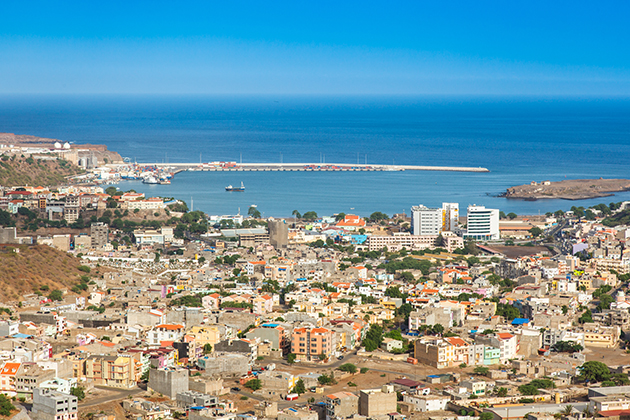Project Overview
To evaluate MCC’s investment in urban water and sanitation systems in Mozambique, which rehabilitated and expanded access to piped water in Nampula, rehabilitated the Nacala water supply system including the construction of a new dam, invested in emergency works in the city of Mocuba, invested in improving drainage systems in Nampula and Quelimane, and built the capacity of staff in water organizations to manage the water supply systems.
To improve water and sanitation infrastructure in several cities throughout Mozambique, leading to economic development, reduced poverty, and improved health outcomes.
Millennium Challenge Corporation
In July 2007, the Millennium Challenge Corporation (MCC) partnered with the Millennium Challenge Account-Mozambique (MCA-M) to implement a five-year, $506.9 million compact designed to increase the country’s economic growth and reduce poverty. A major investment under this compact was the $203.6 million Water Supply and Sanitation (WSS) project. The urban water supply system component ($173.3 million) of the WSS included six main activities to improve water and sanitation infrastructure in several cities throughout the country.
- Rehabilitation and expansion of the Nampula city water supply system ($18.3 million).
- Rehabilitation and expansion of the Nacala city water supply system ($44.2 million).
- Rehabilitation of the Nacala Dam ($40.0 million).
- Emergency works for Mocuba city water supply system ($4.8 million).
- Urban drainage and sanitation activity ($61.2 million).
- Capacity-building activity ($9.6 million).
The hope was that the project would increase access to piped water for households and businesses and reduce the instance of flooding during the rainy season, leading to a reduction in water-borne diseases and increased economic development.
Efficiency Meets Impact.
That's Progress Together.
To solve their most pressing challenges, organizations turn to Mathematica for deeply integrated expertise. We bring together subject matter and policy experts, data scientists, methodologists, and technologists who work across topics and sectors to help our partners design, improve, and scale evidence-based solutions.
Work With Us
